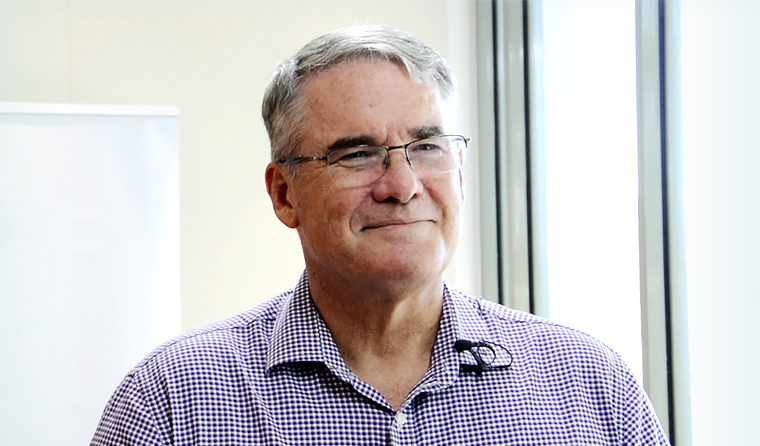News
Government to warn almost 5000 GPs over high rates of opioid prescribing
RACGP flags concerns over campaign to reduce opioid overuse.
 The letter is being sent to the 20% of GPs who have the highest rate of opioid prescriptions in Australia.
The letter is being sent to the 20% of GPs who have the highest rate of opioid prescriptions in Australia.
Almost 5000 GPs will be warned that their rates of prescribing opioids are very high relative to their peers, following a similar 2017 campaign targeting overuse of antibiotics.
The 20% of GPs who have the highest rate of opioid prescriptions will be sent the Department of Health (DoH) letters, signed by Australia’s Chief Medical Officer, Professor Brendan Murphy.
More than 3400 urban and 1400 rural and remote GPs will be targeted.
While the RACGP broadly supports the initiative and approves efforts to rein in opioid overuse, it has concerns around how these GPs have been identified.
RACGP President Dr Bastian Seidel outlined those concerns in a letter to the DoH in March.
‘While the proposed campaign is well intentioned, the RACGP is concerned about … the methods used to identify practitioners who are considered to be prescribing more opioids than their peers [and] possible unintended consequences of the suggested approach to reducing opioid prescribing,’ he wrote.
‘The RACGP remains significantly concerned about this approach.
‘GPs working in palliative care, rural hospitals or aged care may be more likely to prescribe opioids than GPs working in other contexts. These GPs are therefore more likely to be identified in this campaign as problematic prescribers when they are in fact providing suitable care.’
Dr Seidel noted that particular effort should be made to ensure GPs providing care to patients in residential aged care facilities were not caught up in the sweep.
‘This cohort of patients is complex and often require a palliative care approach,’ he wrote.
The DoH may refer issues of potentially inappropriate prescribing to the Practitioner Review Program.
Dr Evan Ackermann, Chair of the RACGP Expert Committee – Quality Care (REC–QC), told newsGP that GPs who feel they have been targeted inappropriately should write back to the DoH.
‘Take the opportunity to say they’ve got this one wrong,’ he said.
 Dr Evan Ackermann believes the letter can act as an opportunity for GPs to reassess their opioid prescribing practices.
Dr Evan Ackermann believes the letter can act as an opportunity for GPs to reassess their opioid prescribing practices.
However, Dr Ackermann said that for many GPs the letter would be a useful prompt to reassess opioid prescription in their practice, and follows on from the RACGP’s 12-point opioid challenge to reduce opioid prescriptions.
‘This is about prescribing opioids responsibly and becoming accountable prescribers. If you use your clinical judgement and make fair decisions, you won’t get into trouble,’ he said.
‘It’s a chance to look back at opioid prescribing and review the current [RACGP] guidelines, to discuss the acute use of analgesics, to reduce fentanyl patches for acute pain.’
The Government’s initiative is the latest use of nudge theory, the concept that a small ‘nudge’ from authorities is often enough to lead to behaviour change. Similar letters have been used in the US and UK, often with success.
While a strong proponent of responsible prescribing, Dr Ackermann cautions GPs not to abandon opioids entirely.
‘This is part of a trend towards appropriate treatment of long-term pain,’ he said. ‘Some people get a lot of relief [from opioids], so we don’t want the pendulum to swing too far.’
The DoH campaign will monitor opioid prescriptions over the next 12 months.
department-of-health opioid-overuse opioids prescribing
newsGP weekly poll
How often do patients ask you about weight-loss medications such as semaglutide or tirzepatide?